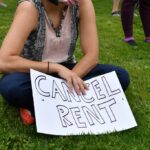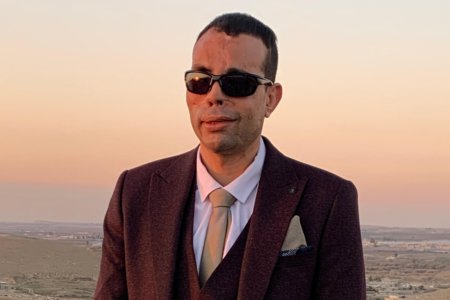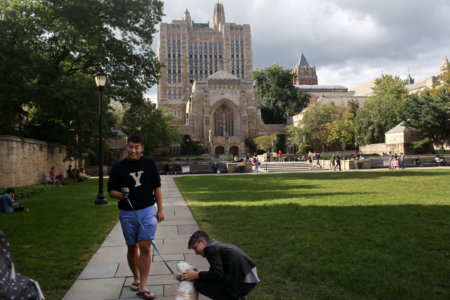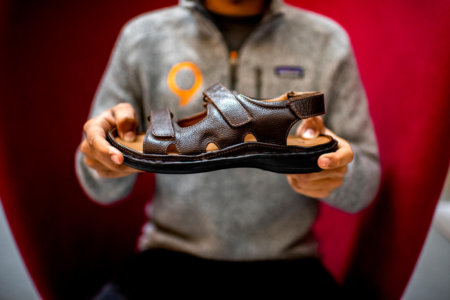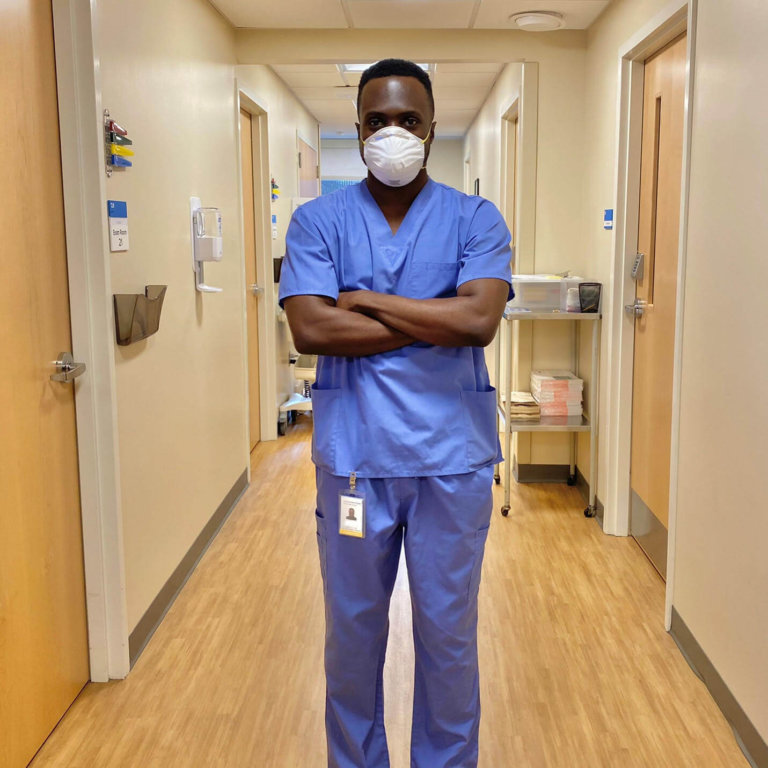
Ore Arowojolu — an MPH in Health Care Management student at Yale University — has big dreams of establishing a non-profit burn centre that will provide quality burn care — and most importantly, for free — to children with burn injuries.
“Unfortunately, Africa has the largest number of child burns, and these injuries are often significant enough to truncate schooling,” he told Study International in an email interview.
The World Health Organization (WHO) notes that burns are a global public health problem, accounting for an estimated 180,000 deaths annually.
His passion for the topic is apparent: his thesis sought to determine how quickly child and adolescent burn survivors in sub-Saharan Africa return to school after sustaining burn injuries.
He learned that many returned to school much later than their counterparts in developed countries or dropped out because they couldn’t return to their previous levels of functioning.
The Nigerian, who earned a degree in medicine from the University of Ibadan in 2019, is slated to graduate with his MPH from Yale University next year.
We speak to the 26-year-old to find out more about why he chose to attend Yale University over Harvard and Columbia, his work at a clinic that provides the uninsured community in New Haven access to free health care and life in Connecticut:
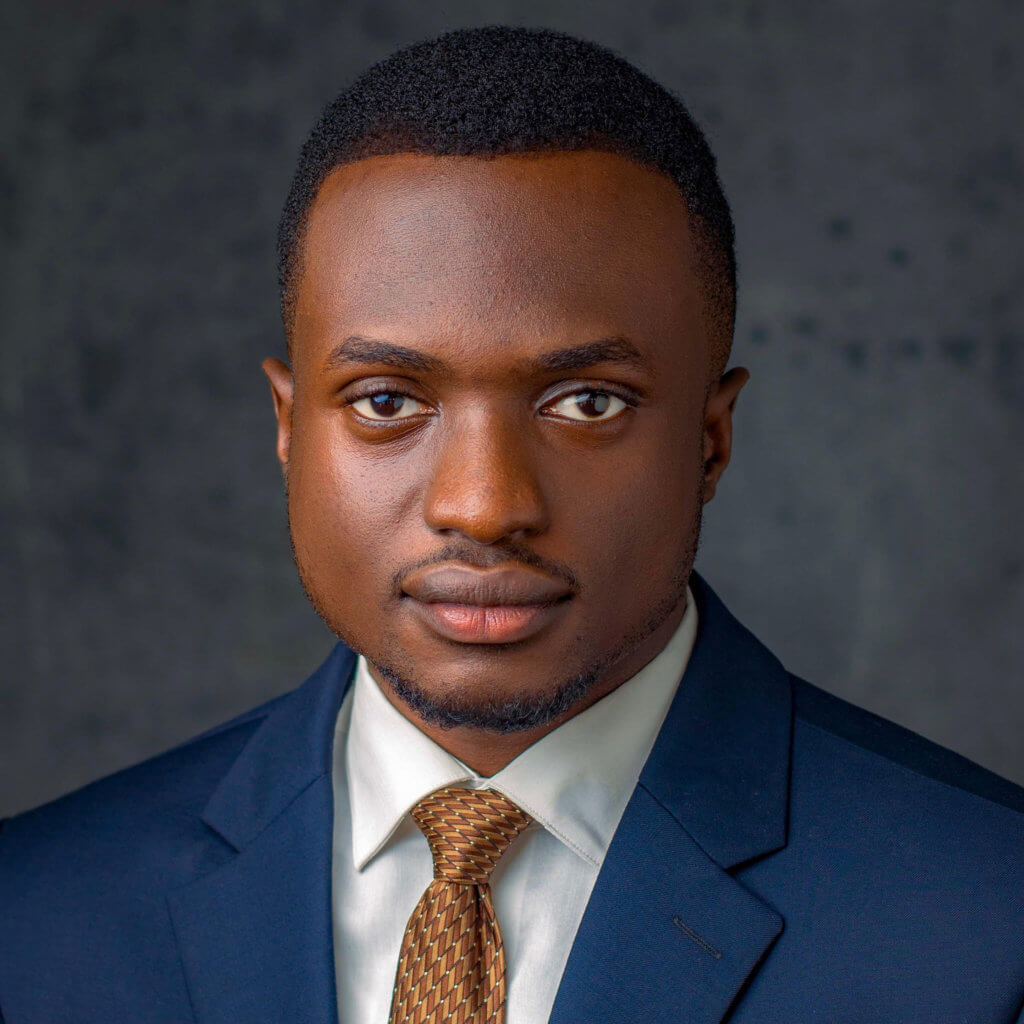
Arowojolu is a director at HAVEN Free Clinic, a health facility which provides free healthcare to uninsured patients in New Haven, Connecticut. Source: Ore Arowojolu
Hi Ore. Can you tell us a little bit about yourself?
I was raised as the youngest child of two physicians, with living experiences in Nigeria, as well as the UK and the US.
I grew up a very curious kid who loved interacting with the world around him and had a diverse range of interests including engineering, music and outdoor activities. Inspired by my parents, in my late teens, I commenced medical training.
During medical school, observing the unfortunate consequences of barriers to healthcare access ignited my desire to develop solutions. I conducted research in the fields of cancer, heart disease, mental health and burns, and co-founded a startup geared at providing food to underserved areas at affordable prices while providing paid employment to youth from local communities.
After medical school, I proceeded to provide essential medical care to the vulnerable of the vulnerable in Ibadan, Nigeria amidst the COVID-19 pandemic. Subsequently, I began my MPH programme in Health Care Management at Yale University and was honoured with the Yale School of Public Health student spotlight in recognition of my commitment to helping vulnerable populations.
Currently, I am a director at HAVEN Free Clinic, a health facility which provides free healthcare to uninsured patients in New Haven, Connecticut.
Why did you decide to pursue an MPH student in Health Care Management at Yale University School of Public Health? What was the application process like?
As I approached the end of medical school, I began my search for a graduate programme that could enable me to merge my passion for healthcare with my interest in entrepreneurship. Upon graduation, prior to beginning my clinical internship, I took the GRE and put together my application, which included academic transcripts, CV, letters of recommendation, and a personal statement.
After applying to and receiving offers from Yale University, Harvard and Columbia universities, I stuck with the Health Care Management programme at Yale University mostly due to its close-knit community, the unique sense of collaboration between its graduate schools, and the flexibility to tailor one’s study according to one’s needs.
Tell us about your research into the outcomes of child and adolescent burn victims in sub-Saharan Africa. What sparked your interest in the field?
Unfortunately, Africa has the largest number of child burns, and these injuries are often significant enough to truncate schooling.
So, for my thesis under the plastic surgery department in medical school, I sought to determine how quickly child and adolescent burn survivors in sub-Saharan Africa return to school after sustaining burn injuries, and discovered that they, on average, return to school much later than their counterparts in developed countries, with many of them dropping out altogether and unable to return to their previous levels of functioning.
Consequently, I continue to advocate for the development of school re-entry programmes across the continent and hope to establish a non-profit burn centre that will provide free, quality burn care to kids that sustain burn injuries.
What are your future plans after graduating with your MPH?
I hope to leverage my healthcare and management skills to make an extensive impact in improving outcomes for the vulnerable in our society.
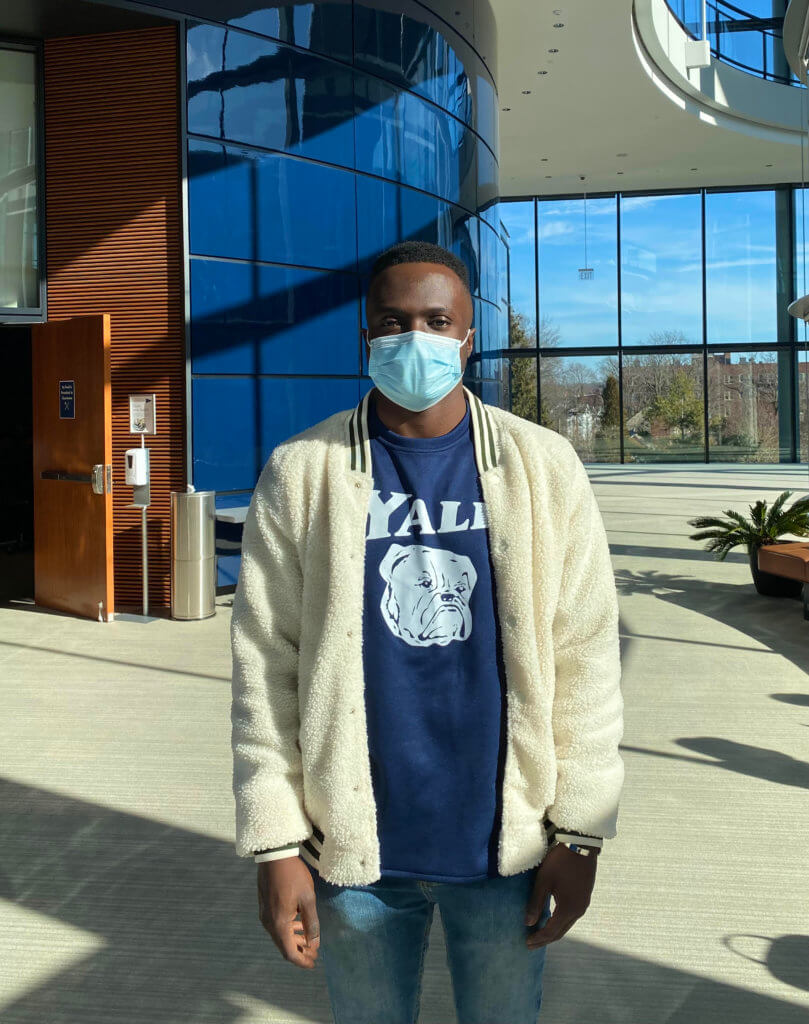
Arowojolu outside of class, wearing a t-shirt with Yale University’s mascot, Handsome Dan, a bulldog. Source: Ore Arowojolu
Shifting gears: what’s it like living in New Haven, Connecticut? What do you like about the city?
I have been enjoying the living experience in New Haven so far. I believe the beauty of New Haven becomes especially apparent when you leave for a bit and return. There are tons of great restaurants to try out, and although the weather sometimes gets chilly, I find going for the occasional run in the cold to be very refreshing.
Can you tell us a bit about your hometown?
Ibadan is a city in southwestern Nigeria that is about 80 miles from the economic capital, Lagos. It has a very rich culture, a laid-back atmosphere, and despite being the largest Nigerian city by landmass, it is easy for its inhabitants to feel a sense of community.

Arowojolu celebrating his birthday with friends in New Haven. Source: Ore Arowojolu
What advice would you give students who want to study abroad in the US?
First, you have to really want it. Once you truly believe that pursuing study abroad will help you achieve your long-term goals, the bulk of the problem is solved.
Next, you should do your research about potential programmes and their application requirements and deadlines. Information can be oft-obtained from websites, staff/faculty, current students and alumni of your schools of interest.
Be sure to commence work on your application as early as possible, and while you do this, control for all controllables, that is, try to make every component of your application as strong as possible. Aim high! —even as you apply to a few safety programmes. And ultimately, I hate to be cliché, but you gotta believe in yourself. Good luck!
Lastly, give us three fun facts about yourself.
- As a teenager, I made a song that got significant radio airplay
- I really love fashion, I enjoy travelling, and I am fascinated by history
- Although I don’t cook a lot, I make amazing chicken





